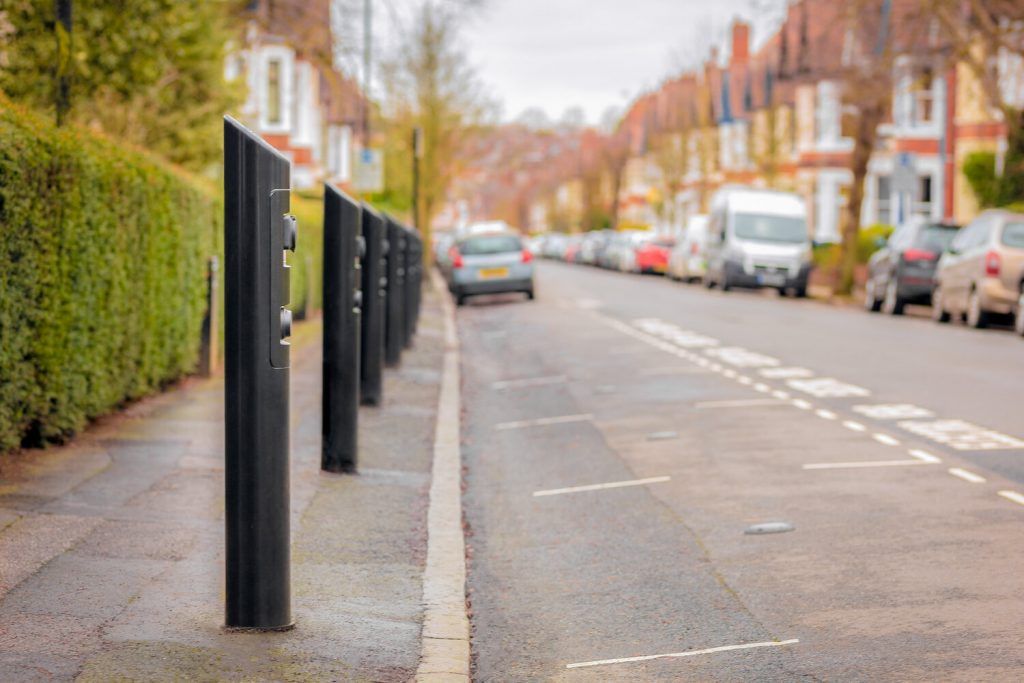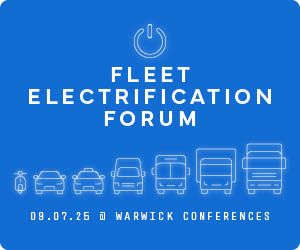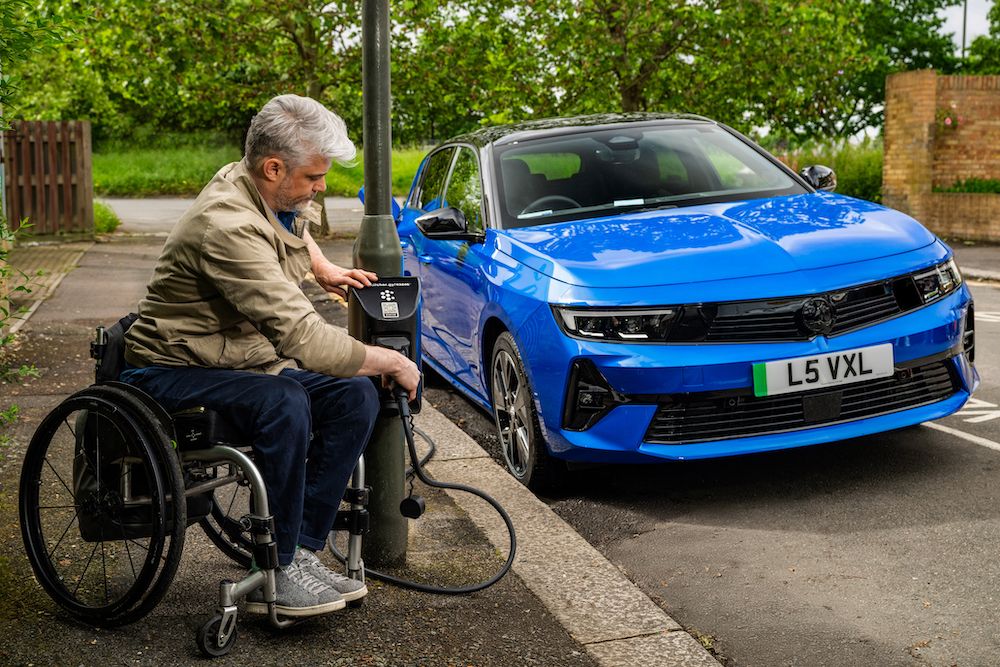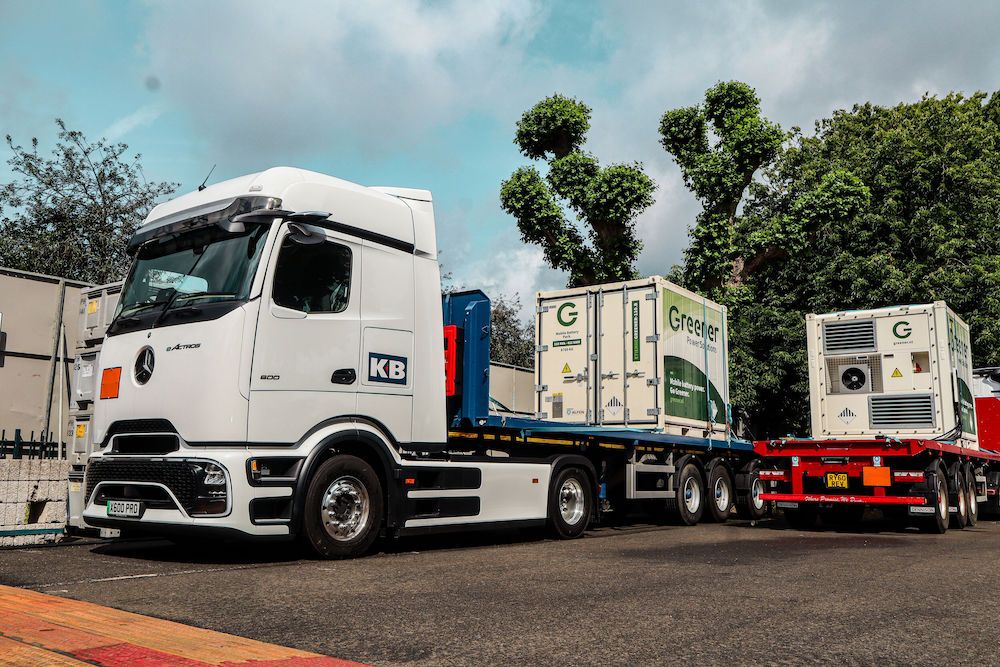A new investigation by the AA has revealed that as little as one in six English local authorities have installed on-street EV charging points in residential areas.
The AA undertook the study as a third of households in England do not have dedicated off-street parking – and would require on-street EV charging facilities when ICE cars are banned.
The figures came from 316 councils that responded to the AA from a total of 353 that were quizzed about their charging network.
County councils responded by stating district councils were responsible for installing on-street facilities – but the AA reported that the lower-tier than said it was the county’s responsibility to implement the technology.
Some 32 councils said they will be installing on-street charges before the end of 2021. But 47 councils said they had no plans to install such facilities.
It was also discovered that councils used grants from the Office for Low Emissions Vehicles (OLEV) to install on-street chargers – but some were using grants to bolster facilities in town centres rather than residential areas, which went against the ‘spirit’ of some of the grants, according to the AA.
Edmund King, president of the AA, said: “A perceived lack of charging points continues to be one of the top three reasons why drivers are hesitant to switch to electric cars. This isn’t helped by councils squabbling amongst themselves over who should be doing the legwork.
“While many councils already have charge points, most of these are either in town centre car parks, or park and ride locations. While this is fine and must continue to grow, we still need to provide confidence to drivers without dedicated off-street parking that they can charge at home.
“The ORCS grant is specifically designed to help local authorities overcome the challenge of on-street residential parking and charging, however, too many councils see this as a way of bolstering their town centre charging infrastructure. This goes against the spirit of the grant.
“If the government plans to adopt the phase out of new petrol and diesel cars and vans from 2030, then more focus and support is needed to boost local EV infrastructure.
“It had been assumed that some drivers without home charging would be able to charge EVs at their place of work and help reduce the need for more extensive on-street charging points, but should the current trend for home working continue, then there may be even more pressure to install more residential charging stations.”














